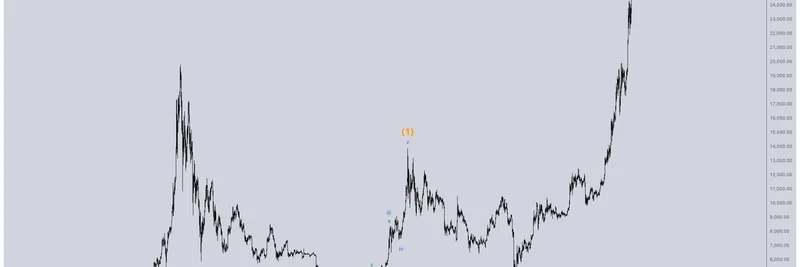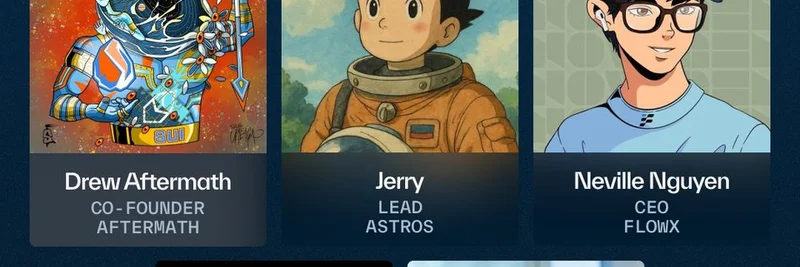In a recent episode of the Unchained podcast, hosted by Laura Shin, guests Jessi Brooks, Kkirkbos, and Tuongvy Le unpacked some of the most pressing issues in crypto regulation. Shared via a thread on X by @lightweb_3, this discussion cuts through the noise to reveal how regulatory shifts are shaping the future of blockchain, including the wild world of meme tokens. If you're knee-deep in memes or just curious about where crypto is headed, these takeaways are gold. Let's break it down step by step.
First off, the SEC is evolving into a "policy-first" agency. That means they're prioritizing big-picture strategies over strict legal interpretations, even placing non-lawyers in key positions. The result? Enforcement actions that feel scattered and unpredictable. For meme token creators and traders, this could mean more scrutiny on projects that go viral overnight, especially if they blur the lines between fun and finance.
One standout example from the episode is the Debt Box case. This involved a judge sharply criticizing the SEC's tactics, leading to the shutdown of their Salt Lake City office. It's a reminder that regulators aren't invincible, and pushback from the courts could open doors for more balanced oversight. In the meme space, where projects often launch with hype and little formality, stories like this highlight the risks of attracting unwanted attention from enforcers.
The thread also calls out the "X/Twitter drama" in crypto as a real hurdle to sensible regulation. All those heated debates, memes, and callouts might be entertaining, but they're painting the industry as chaotic to outsiders. Lawmakers and regulators see the infighting and think twice about easing up on rules. For meme tokens, which thrive on social media buzz, this is a double-edged sword—viral marketing is key, but it could backfire if it fuels negative perceptions.
ICOs are making a comeback, with projects like Eth Venice and Monad leading the charge. But the real snag isn't the ICO model itself; it's the lack of proper disclosures. Regulators want transparency to protect investors, something meme tokens often skim over in favor of speed and surprise drops. If you're building or investing in memes, beefing up disclosures could be the smart play to stay compliant without killing the vibe.
The episode points out a hypocrisy in regulation: crypto gets treated like it's uniquely risky, while FX trading platforms and meme stocks (think GameStop) operate with far less oversight. Why the double standard? It's a fair question, and one that could rally the community to advocate for fairer treatment. Meme tokens, often dismissed as jokes, could benefit from this push toward equality in financial markets.
Prediction markets are gearing up to be the next big battleground. Platforms like Polymarket are drawing interest from legacy finance giants like ICE, showing that this isn't just retail hype—it's serious business. However, once these markets touch on securities-related events, the SEC swoops in. States, the CFTC, and even tribal gaming interests are all vying for control. For meme enthusiasts, prediction markets offer a fun way to bet on trends, like which token will pump next, but regulatory turf wars could complicate things.
Overall, this Unchained episode, as summarized in the X thread, is a must-listen for anyone in blockchain. It sheds light on how enforcement, policy, and even social media antics are intertwined with the growth of meme tokens. Staying informed isn't just about avoiding pitfalls—it's about positioning yourself to thrive in a maturing industry. If regulation is on your radar, give it a spin and see how these insights apply to your favorite memes.



